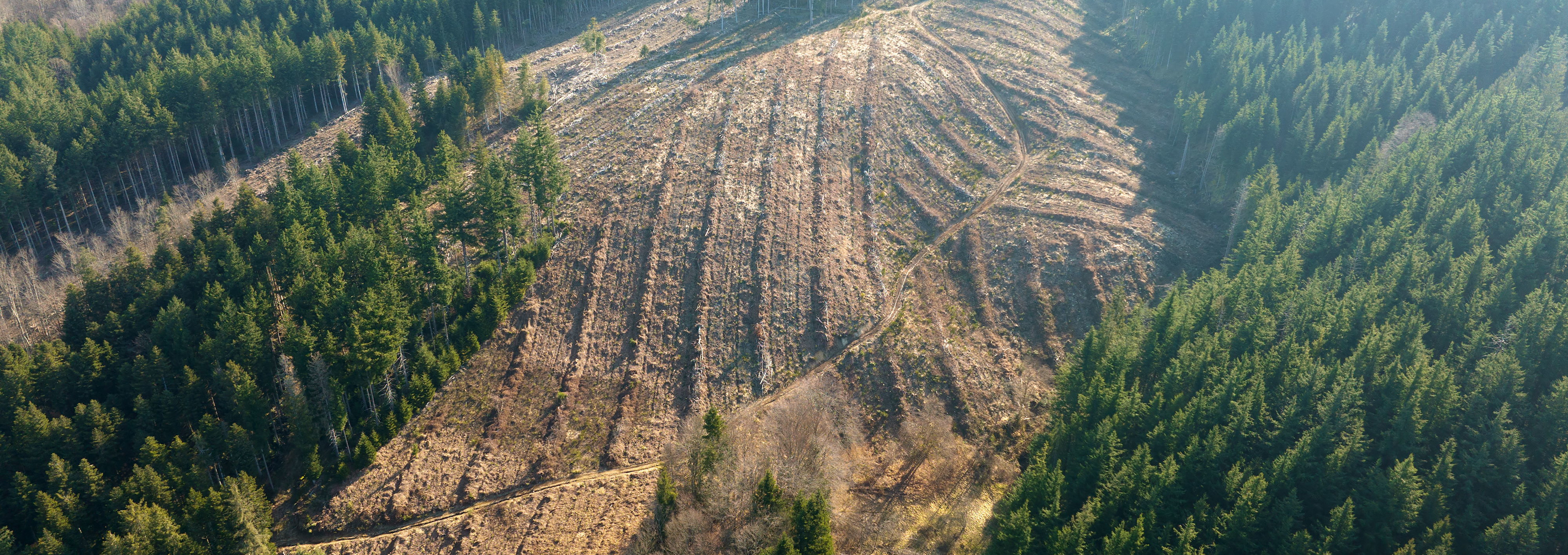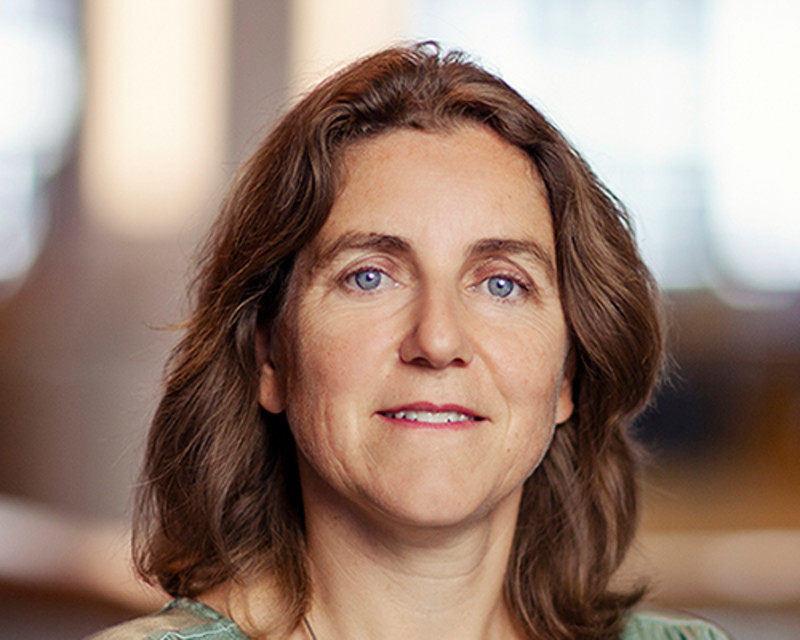

Closure of deforestation theme leads Q2 Active Ownership report
The results of an engagement theme to cut commodity-related deforestation is highlighted in the Robeco Active Ownership team’s Q2 report.
Zusammenfassung
- Key engagement successes in cutting deforestation linked to five commodities
- Protecting human rights in conflict areas including Ukraine gains traction
- Lively proxy voting season may lead to changes in how AGMs are staged
The theme begun in 2019 focused on eliminating deforestation across agricultural supply chains and restoring ecosystems linked to the supply of five key commodities – cocoa, pulp and paper, natural rubber, beef and soy. All are extensively used in the food, materials and consumer goods sectors in which Robeco invests.
Key successes include the accelerating and setting of ‘no deforestation’ targets to as early as 2025 and the establishment of first socially and environmentally inclusive agricultural development models. In her end-of-term report, Laura Bosch reflects on what was achieved over the three-year engagement program, and what still needs to be done.
Protecting human rights remains an important issue for engagement, particularly for companies operating in or sourcing from conflict zones. Regions in particular focus are Myanmar, the Xinjiang province of China, the Occupied Territories of Palestine, and the ongoing war in Ukraine.
As an engagement theme on human rights, due diligence in these troubled regions gains traction. Ghislaine Nadaud shares the first insights into companies’ responses to the growing international pressure on human rights, including the strengthening of due diligence and grievance systems.
Using voting rights to further sustainability objectives at investee companies remains part of the bedrock of active ownership. Much of this is done during the company annual general meeting season which typically takes place over the second quarter, and is proving to be a platform for protestors and rights groups along with traditional institutional investors.
As the 2023 AGM season draws to a close, Michiel van Esch highlights the growing participation of different civil society stakeholders, from NGOs to employees and unions to demonstrators. As companies search for ways to accommodate both shareholder and stakeholder voices, many of which have become highly vocal, he says changes in the AGM structure may be necessary.
It’s also been a turbulent first six months of the year for the banks, with three insolvencies in the US and the forced takeover of Credit Suisse. Diana Trif takes a close look at the 2023 banking crisis in which she identifies key corporate governance concerns and highlights investors’ unique ability to avoid such incidents in the future by making use of their proxy voting rights.
Holen Sie sich die neuesten Einblicke
Abonnieren Sie unseren Newsletter, um aktuelle Anlageinformationen und Analysen durch Sachverständige zu erhalten.
Taking stock of the first half
“We are now halfway through 2023 and can take stock of what has happened thus far, from concluding our deforestation focused engagements, to broadening our human rights due diligence engagements in light of the ongoing Russia-Ukraine war,” says Carola van Lamoen, Head of Sustainable Investing at Robeco.
“While progress in reducing deforestation is undeniable, society still has a long way to go if we wish to reverse the biodiversity crisis, which is often seen as the flipside of the climate crisis. This is a road which must not only include large corporations, but also the smallholder farmers and local communities most affected by compliance pressures.”
“Meanwhile, the Ukraine war entered its second year. Now that we are midway through our three-year ‘Human rights due diligence for conflict-affected and high-risk areas’ engagement theme, we have seen the first companies hire dedicated human rights specialists and develop effective due diligence processes. While the results of these efforts are yet to be seen, we remain optimistic.”
Governance still a big issue
“And it’s not just conflict zones that can create problems for investors. Poor corporate governance remains a huge issue, as seen in the collapse of three US banks, and the merger forced upon former Swiss titan Credit Suisse to avoid yet another financial crisis. We reflect on how this spring’s events call for reform that is based on improving corporate governance rather than simply relying on regulation.”
“Finally, having concluded this year’s AGM season, we reflect on the growing participation of NGOs, employees and local communities to express concerns about societal issues, interactions which in extreme cases have even turned violent. We believe that this trend reflects a gap in effective communication and engagement channels between corporates and their stakeholders, and may lead to a change in the structure of the AGM as we know it.”
“As we move into the second half of 2023, we will continue our work on biodiversity through the Nature Action 100 collaboration and start to explore the connections between the climate transition and social concerns through our work on the Just Transition. Furthermore, we will strengthen our efforts on human rights, focusing on modern slavery, as well as take a fresh look at responsible taxation.”
























